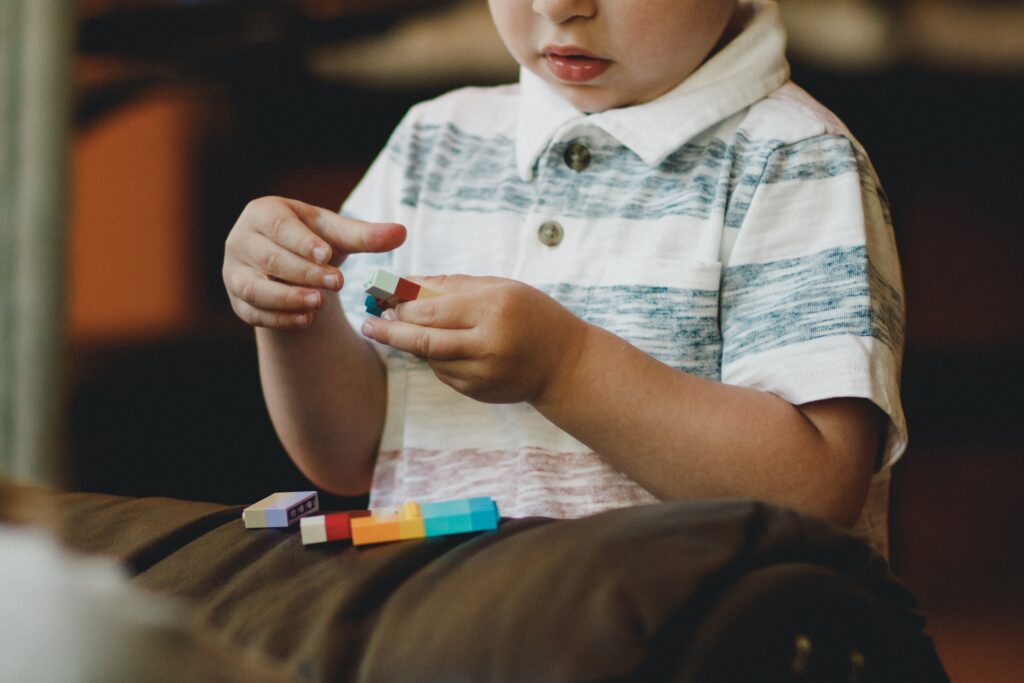In our practice we use several approaches for treatment of childhood apraxia of speech and other motor speech disorders. Some commonly used approaches during speech therapy are PROMPT and DTTC. While both effective in treating communication disorders, differentiating between the two can get confusing. Both techniques use cues, or hints, in order to get the desired word or sound produced. The main difference between the two is the type of cues used by the speech therapist as well as when to use each one.
We are “PROMPT” practice, and all of our clinicians are PROMPT trained. Prompts for Restructuring Oral Muscular Phonetic Target, or PROMPT, is a technique used by PROMPT certified speech-language pathologists in order to help develop motor control in areas of the jaw, tongue, and lips. PROMPT uses a specific technique described as a “tactile-kinesthetic approach” in which the speech pathologists uses touch cues to manually guide the child through the production of words. This approach can be used to treat a variety of different communication disorders, and emphasizes the importance of the speech movement gestures as well as speech production.
Another therapy approach we all use is called DTTC, or Dynamic Temporal and Tactile Cueing. During this motor programming approach the speech-language pathologist will use auditory, visual, or tactile cues in order for the child to successfully imitate the desired sound or word while the child’s focus in on the mouth of the clinician. An example of an auditory cue may be “close your lips”, and a visual cue may be a hand sign. The idea behind the DTTC method is that support is slowly being added or faded as the child moves up the hierarchy of cues. We usually use this approach for children who are able to follow more cognitive directives, as opposed to those who respond better to the cues used during PROMPT.
Our office offers both PROMPT and DTTC treatment, and we are happy to answer any questions you may have regarding these therapies. Please do not hesitate to reach out at any point, we are here to help!
References:
